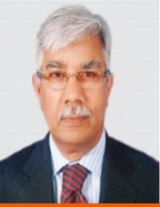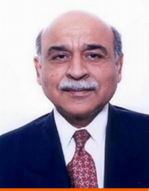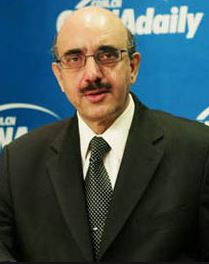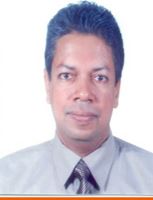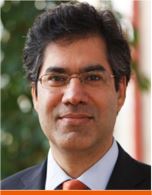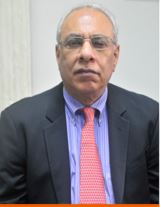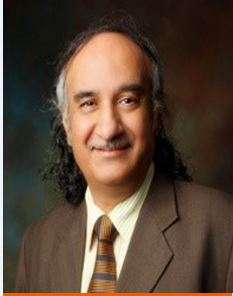- Conference Details
- Brochure
- Topics & Sessions
- Speakers
- Conference Reports
- Conference Proceedings
- Sponsorship

Purpose
NBEAC’s Deans & Directors Conference is a strategic level event for determining the future of management education in Pakistan, where more than 100 deans of business schools participate annually to share experiences and to discuss areas of mutual interest. This year’s conference will focus on strengthening business schools through creating partnerships among the schools and with other key players influencing or being influenced by business education.
The conference aims to address questions such as:
Can business schools be the leading solution provider to the industry?
Can business schools enhance the employability through entrepreneurship?
What vision and strategy will deans require to successfully sustain their business school?
Participants will address these and other questions in order to envision the future of business schools.
Objectives
i. To strengthen the business schools through industry academia partnerships.
ii. To suggest ways to enhance research activities in business schools through partnerships.
iii. To provide focused recommendations to the business schools for enhancing employability skills of business graduates
iv. To strengthen business schools through sharing ideas, resources and infrastructure.
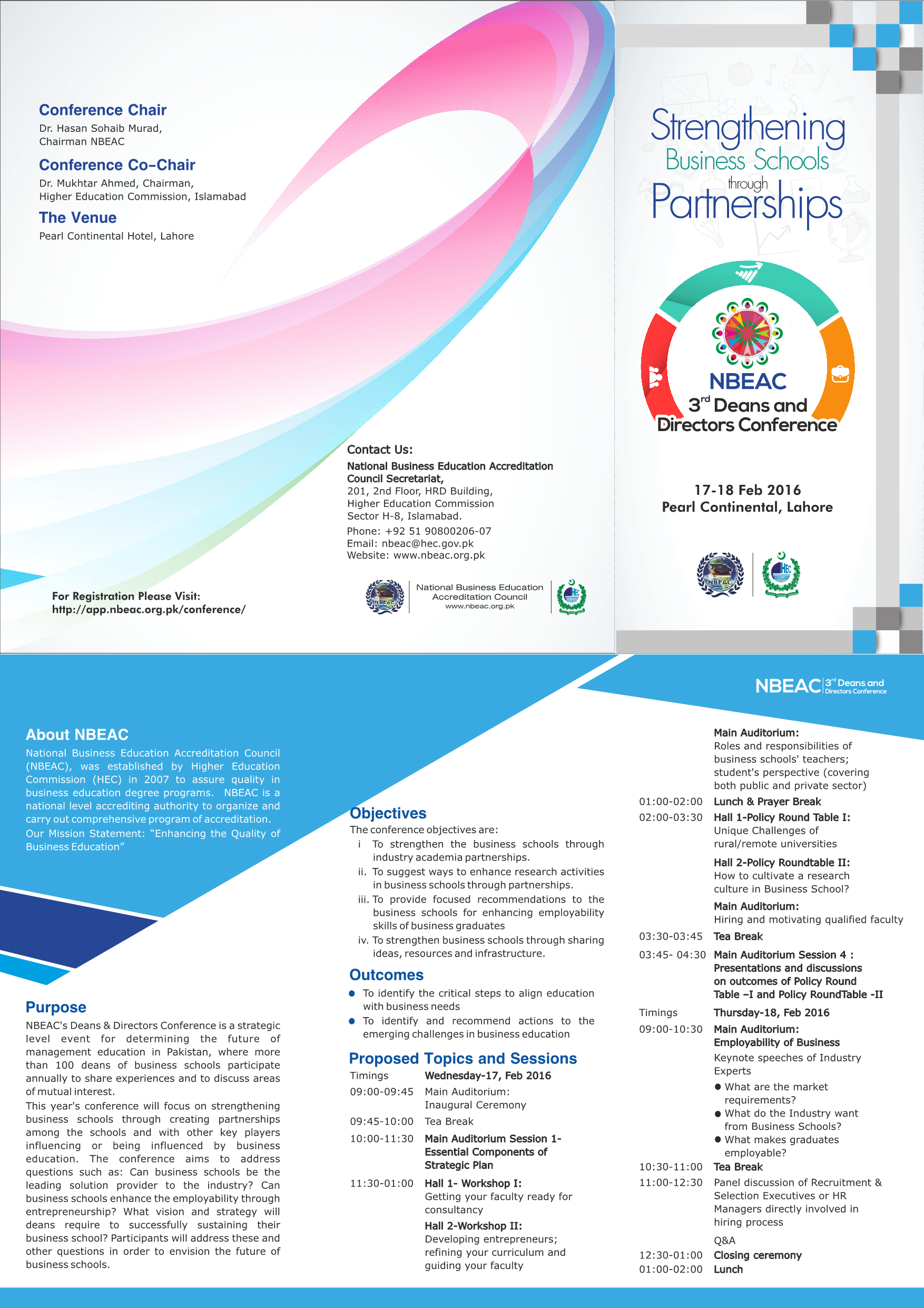
Topics and Sessions
|
Strengthening Business Schools through Partnerships Conference Programme |
||
|
Welcome Dinner: Tuesday, 16th February 2016 at University of Lahore (UoL), 1 - KM Defense Road, Lahore. 54000, Pakistan |
||
| Wednesday, 17th February 2016 at Pearl Continental Hotel, Lahore (Crystal Ball Room-B) | ||
|
INAUGURAL SESSION (Crystal Ball Room-B) |
||
|
ESSENTIAL COMPONENTS OF STRATEGIC PLAN (Crystal Ball Room-B) |
||
|
WORKSHOP-I: Engaging Your Faculty In Management Consulting; Benefits To The Business Schools And The Faculty (Emerald Hall-A) |
WORKSHOP-II: Developing Entrepreneurs; Refining the Curriculum and Guiding Your Faculty (Emerald Hall-B) |
Business Art Apart; An art exhibition on business education) (Emerald Hall C) |
|
ROLES AND RESPONSIBILITIES OF BUSINESS SCHOOL'S TEACHERS; STUDENT’S PERSPECTIVE (Crystal Ball Room-B) |
||
|
Policy Roundtable-I: Unique Challenges Of Rural/Remote Universities (Emerald Hall-A) |
Policy Roundtable-II: How to Cultivate a Research Culture in Business School? (Emerald Hall-B) |
Policy Roundtable-III: Unique Challenges of Public Sector Universities (Emerald Hall-C) |
|
HIRING AND MOTIVATING QUALIFIED FACULTY (Crystal Ball Room-B) |
||
|
PRESENTATIONS & DISCUSSIONS ON OUTCOMES OF POLICY ROUND TABLE –I AND POLICY ROUNDTABLE -II, POLICY ROUNDTABLE -III (Crystal Ball Room-B) |
||
|
Dinner at University of Management and Technology, Lahore |
||
|
Thursday, 18th February 2016 at Pearl Continental Hotel, Lahore |
||
|
Policy Roundtable-IV: Quality Assurance In Public Administration (Emerald Hall-A) |
Policy Roundtable-V: The Crisis And Challenges Of Commerce Education (Emerald Hall-B) |
INDUSTRY EXPECTATIONS From the Business Graduates (Crystal Ball Room-B) |
|
Industry expectations from the business graduates (Crystal Ball Room) |
||
|
Making Business Schools More Relevant For Industry – Challenges and Opportunities For Forging Linkages And Partnerships (Crystal Ball Room-B) |
||
|
Closing Session |
||
3rd Deans and Directors Conference 2016 Speakers
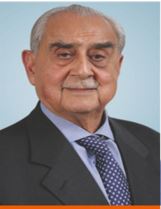 |
|
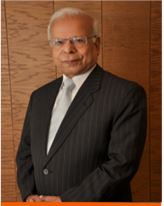 |
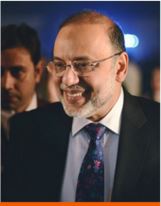 |
|
Syed Babar Ali Founder and Pro VC, Lahore University of Management Sciences (LUMS) |
Professor Ralf Boscheck Lundin Family Professor of Economics & Business Policy, MBA Program Director, IMD, Switzerland |
Dr. Ishrat Husain Director, Institute of Business Administration IBA, Karachi |
Dr. Hasan Sohaib Murad Chairman, NBEAC Rector University of Management & Technology |
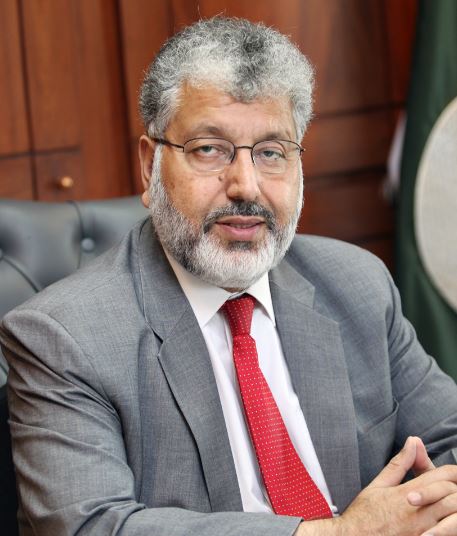 |
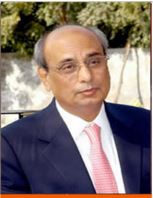 |
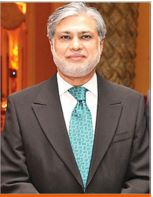 |
 |
|
Prof. Dr. Mukhtar Ahmed Chairman, Higher Education Commission Pakistan |
Mian Muhammad Mansha Chairman, Nishat Groups & MCB |
Mohammad Ishaq Dar Federal Minister of Finance, Pakistan |
Kerry Laufer Tuck School of Business at Dartmouth Hanover, New Hampshire USA |
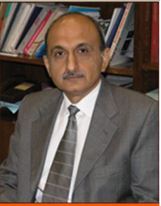 |
 |
 |
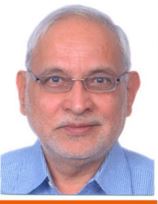 |
|
Dr. Zahoor Hassan Syed Professor, Lahore University of Management Sciences (LUMS), Lahore |
Dr. Christophe Terrasse Director Projects, European Foundation for Management Development (EFMD), Belgium |
Dr. M. Nauman Farooqi Professor & Head of Department, Mount Allison University, Canada |
Dr. Joshi Ashok Ramakrishna Director, Indian Institute of Cost & Mgt. Studies & Research, Pune, Maharashtra |
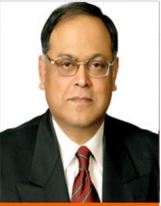 |
 |
|
|
|
Dr. Ehsan ul Haq Professor, Lahore University of Management Sciences (LUMS) |
Prof. Dr. Konstantin Krotov Managing Director, Graduate School of Management, St. Petersburg University, Russia |
Dr. Muhammad Nishat Associate Dean, Institute of Business Administration (IBA), Karachi |
Mr. Javed Hamid Senior Advisor International Executive Service Corps, Washington DC, USA |
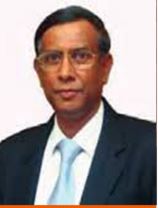 |
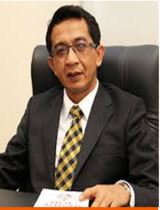 |
|
|
|
Prof. Lakshman R. Watawala President, AMDISA, Srilanka.
|
Prof Dr Zaher Zain Dean for Graduate School of Business, University Kebangsaan Malaysia, The University of Malaysia |
Dr. Arif Rana Associate Professor, Lahore University of Management Sciences (LUMS) |
Prof. F. Robert Wheeler III Dean, |
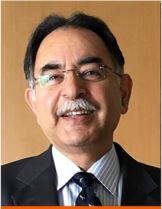 |
 |
|
|
|
Mr. Agha Zafar Abbas CEO KANSAI Paints |
Dr. Shaukat Brah Former Dean, Karachi School of Business and Leadership KSBL |
Mr. Ali Khurram Pasha Head of Strategy & Leadership Development Human Resources & Learning Group Bank Alfalah, Karachi |
Mr. Masood Khan Director General, Institute of Strategic Studies, |
|
|
|
|
|
|
Dr. Dharmasiri Ajantha Director, Postgraduate Institute of Mgt, University of Sri Jayewardenepura, Srilanka |
Dr. Faheem-ul- Islam
Member, Ministry of Planning, Development & Reforms, Islamabad |
Dr. Kamal Munir Dean, Humanities & Social Sciences, LUMS & Professor, Cambridge Judge Business |
Dr. Imran Ali Dean Karachi School of Business and Leadership (KSBL) |
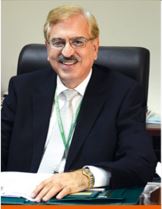 |
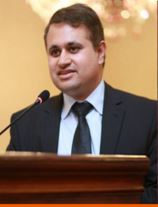 |
 |
 |
|
Dr. Zafar Iqbal Jadoon Dean, University of Central Punjab, Lahore
|
Mr. Adeel Anwar Director Organizational Development & Learning, Warid Telecom, Lahore |
Dr. Sarwar Azhar Vice Chancellor, Imperial College of Business Studies, Lahore |
Dr. Sadia Nadeem Associate Professor, FAST School of Management, FAST nu, Islamabad |
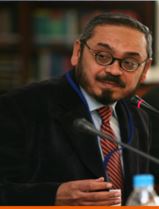 |
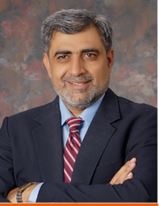 |
 |
 |
|
Dr. Sohail Zafar Dean, Lahore School of Economics. |
Dr. Syed Irfan Hyder Dean CBM, IoBM (Institute of Business Management), Karachi |
Dr. Goyal Jugal Kishore, Director, Jagan Institute of Management Studies, New Delhi, India.
|
Prof. Dr. Anwar Ali Shah Professor and Pro Vice Chancellor University of Sindh, Jamshoro |
 |
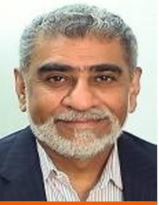 |
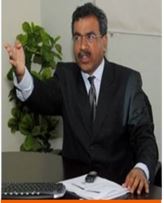 |
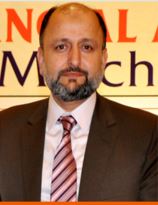 |
|
Mr. Najaf Yawar Khan Director , Department of Management Sciences, Government College University, Lahore |
Mr. Mohammed Ali Khan Senior Education Specialist, International Finance Corporation, USA |
Dr. Ali Sajid Professor , University of Lahore |
Dr. Abdus Sattar Abbasi HoD, Management Sciences Department, COMSATS Institute of IT Lahore |
|
|
 |
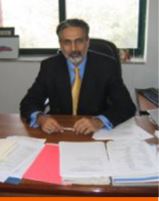 |
 |
|
Mr. Arif Ijaz Advisor to CEO Maple Leaf Cement Co. |
Dr. Abdul Raziq Associate Professor , Balochistan University of IT, Engineering & Management Sciences |
Dr. Bashir Ahmed Khan Dean, Forman Christian College, Lahore |
Dr. Shahid Qureshi Associate Dean, Program Director AMAN CED, IBA Karachi |
 |
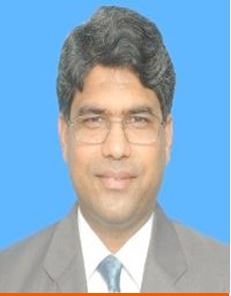 |
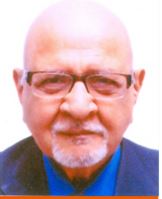 |
 |
|
Dr. Sayyid Salman Rizavi Director General, University of Punjab Gujranwala Campus |
Dr. Ijaz A. Qureshi Dean LBS, University of Lahore |
Prof. Yadu Kul Bhushan Senior Advisor & Head, ICFAI Business School - Mumba |
Mr. Omar Saeed
CEO, Service Industries Limited |
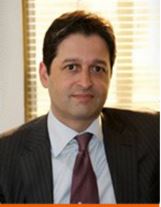 |
|
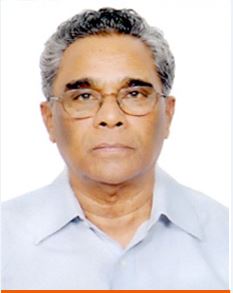 |
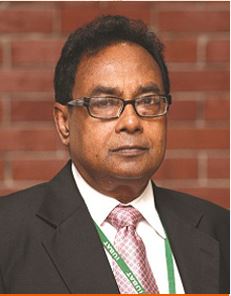 |
|
Mr. Osman Khalid Waheed President, Ferozsons Laboratories Lt. |
Dr. Nandkishore Marthanrao Director General, Studies, Mumbai, India |
Dr. Padam Sudarsanam Advisor & former Dean of Studies, |
Prof. Dr M Alimullah Miyan VC & Founder, International |
NBEAC 3rd Deans and Directors Conference Proceedings

The conference “Strengthening Business Schools through Partnerships” was the third of the series of four strategic level conferences that provided a platform for deans, directors and heads of business schools to interact with each other and with industry professionals. The key objectives of the conference were:
i. Strengthen the business schools through industry academia partnerships.
Out of 180 business schools (with campuses) nationwide, deans and directors of 160 business academic units have participated along with the international representation from 15 business schools from USA, UK, Canada, Switzerland, Russia, Malaysia, SAARC countries etc. The conference was inaugurated by the American Consul General, Zachary V. Harkenrider. The 3rd Deans and Directors Conference was a very interactive forum where more than 500 faculty members participated including 100 industry experts and 15 foreign speakers. Each year the NBEAC selects a different theme and city for its Deans and Directors Conference. This year the venue for the conference was the colorful and vibrant city of Lahore.
The conference was a venue for experience sharing based on the discussions and perspectives of business school heads, industry professionals and entrepreneurs. The strategic conference provided a platform for the participants to share their experiences in establishing linkages and fruitful contributions made to the development of business education, industry and economy. Prominent speakers from around the globe and country shared ground breaking ideas.
Due to high level of participation and based on previous conference feedbacks, the breakout sessions were suggested by the program committee headed by Dr. Zahoor Hassan Syed, Professor, LUMS and supervised by Dr. Sadia Nadeem, Associate Professor , FAST School of Management, Islamabad. Three breakout sessions took place on the first day of the conference.
The key actionable message from many of the conference sessions was the importance of presence with regard to business schools to manage both governance and quality issues, openness to the world in order to reach out to others for global assistance and human resource development as there is a great need to work and collaborate together.
Session 1 that was “Essential Components of a Strategic Plan” was chaired by Dr. Zahoor Hassan Syed, Professor, LUMS. It was recommended to revisit mission and vision; otherwise there would be disconnect between the Academia and environment, academia should have links with the Corporate Sector , Strategy is about ‘what they want us to do’ and ‘what we can do’ (Corporate Sector versus Academia) and Internationalization of strategic planning process. Dr. Ishrat Hussain suggested that all stakeholders should be involved in strategy planning and implementation process moreover, business schools should check their positive as well as negative impacts on the community and society and should subject themselves to the external evaluators. On a final note, business Schools should revisit their mission and vision every 5-6 years to make it adjustable to the new trends in the market.
The third session “Hiring and Motivating Qualified Faculty” was moderated by Dr. Ali Ahsan, Chairman Centre of Advanced Studies in Engineering. Several issues were highlighted such as the quality ranking puts pressure on the Business Schools to conduct more research and hire qualified faculty, expectations of the faculty from the management, faculty should be able to inculcate knowledge in students for the future and encourage critical thinking in them, decent pay packages for faculty members, revisiting the hiring process in the Public Sector Business Schools in Pakistan and Saint Petersburg's University and or Lahore School of Economics, can be taken as role model for others.
Two workshops were conducted after the first session simultaneously. It was proposed in the workshop “Engaging your faculty in Management Consulting; benefits to the Business School and the faculty” to emphasize on consulting your faculty whenever the need arises. Types of consulting were discussed:
i. Competence based consulting – if you have certain specializations then develop new understandings
Finally suggestions regarding how to start were put forward which were by questioning, by research output, by observing seniors, by interacting with people and finally case writing.
In the workshop “Developing Entrepreneurs; Refining the Curriculum and guiding your faculty” it was propounded that entrepreneurship is a new management paradigm moreover, many experiences were shared through videos as how entrepreneurial learning can be enhanced.
A great of suggestions were highlighted such as to form a group of 5-10 students next step is to develop a management body/hierarchy, hold election for the appointment of CEO or chairman of the business venture, empower the team members to take decisions, support students in establishing real ventures. It was also suggested that the instructor’s role is of a facilitator and that students are allowed to learn by trial and error and most importantly to evaluate students by asking them to develop learning reports.
In policy roundtable “How to cultivate a research culture in business schools” .It was recommended to set up realistic targets so that the faculty is pushed towards research culture and ultimately they are induced to publish, categorize universities into different tiers and enhance research competencies of the faculty through training workshops and seminars.
Session four “Industry Expectations from the Business Graduates” pertaining to the concerns of industry expectations were highlighted such as the lack of knowledge about corporate code of conduct, lack of report writing skills, the inability to collaborate i.e. lack of team integration, in case of governmental projects there is a lack of trained graduates in the field of construction, energy, logistics and pharmaceuticals etc. Fruitful suggestions for these problems were also addressed firstly to upgrade placement centers in the universities, provide mentors from the corporate sector who are not only alumni but beyond, encourage the students to raise questions, enhance communication skills both oral and written, capability to generate new ideas and channelize academia and industry i.e. people from corporate sector could work for a semester in the university and the faculty could spend some time in corporations.
The key concerns of public administration were addressed during the policy roundtable focused around the process of Quality assurance being a complicated one, the inefficiency in follow-up and the lack of accountability. The various challenges related to commerce education were discussed such as students are not preferring annual system, syllabus of annual system was not updated over the time, lack of industries linkages and the misplaced belief of commerce education – as accounting experts only.
The conference concluded on a positive note. Syed Babar Ali has addressed the participants and narrated the story of Genghis Khan demonstrating the incompetence issue as the cruel reality of Pakistani society. His worthy suggestions for leaders to exhibit integrity and provide opportunities to competent individuals will definitely help in thriving the Businesses and Economy of the country. The closing speech gives the immense motivation when he amalgamated his idea behind founding LUMS with the presence of all Deans and Directors representing Business Education at the conference. NBEAC acknowledges the efforts of Syed Babar Ali being the founder of Business Education in Pakistan. In the closing ceremony Syed Babar Ali, Founder and Chancellor LUMS was given a standing ovation by Dr. Hasan Sohaib Murad, Chairman NBEAC.
Sponsors




